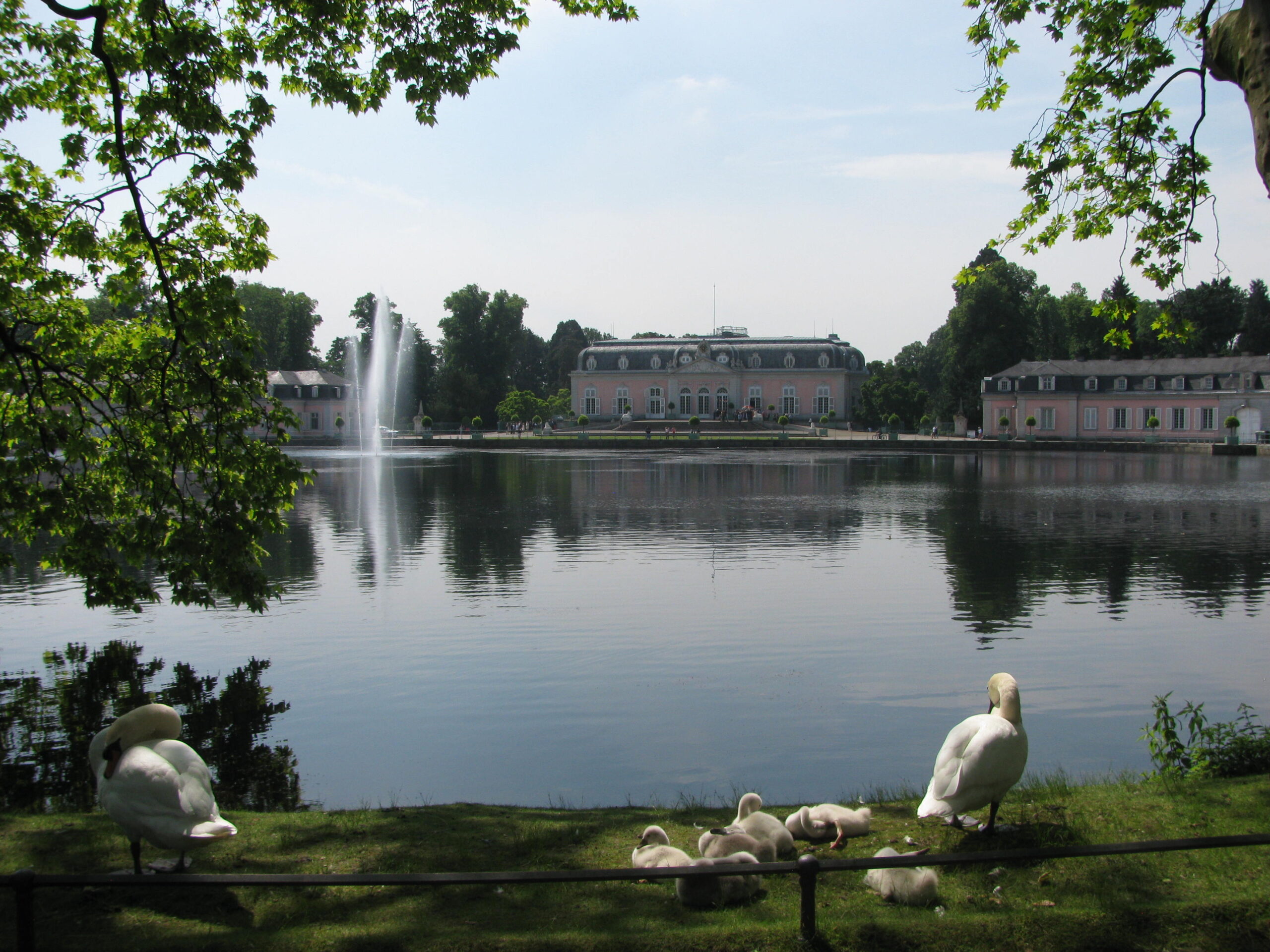A Free Trade Agreement with the European Union could boost exports by up to $NZ2 billion a year and save New Zealand hundreds of millions of dollars a year.
That’s the view of the New Zealand Europe Business Council (NZEBC), an umbrella organisation representing the business interests of all European nations in New Zealand, in response to news that FTA negotiations between New Zealand and the EU have finally got off the ground in Brussels.
NZEBC President Frank Olsson (pictured below) says current annual trade between the EU and NZ is worth more than $NZ20 billion a year, “so even small improvements in the conditions for trade represent significant dollars.”
“This is an important milestone in many ways. An FTA will bring benefits to both New Zealand and the EU by facilitating trade of goods and services and cultural connections and should contribute to openness between all the nations involved. For the EU, it is important to cement the free-trade concept as widely and solidly as possible, especially in uncertain times where we see some disturbing developments elsewhere on the global trade front.
“New Zealand’s position in the South Pacific, with close access to the many small Pacific nations as well as major Asian markets, adds importance to the prospect of an FTA.”
Olsson says a key EU emphasis to this point has been to ensure that the benefits of the FTA filter through as broadly as possible – “trade for all” – and not only accrue to a few major corporations. “The goal is to make access easier and for small and medium-sized businesses to extend their reach to the huge EU market and to facilitate two-way commerce.”
He says work to get an FTA has been underway for a decade and has been the Council’s main focus for the last five years. “Given the many countries that already have FTAs with Europe, completing our own FTA will eliminate a disadvantage and put us on a more equal footing with other favored nations.”
Prime Minister Jacinda Ardern’s recent visit to Europe where she met with the leaders of a number of key EU countries was “very timely”, Olsson says. “She was undoubtedly a catalyst in helping overcome any lingering doubts among some EU countries about the merits of an FTA with New Zealand.”
Olsson says the FTA is expected to take around two years to hammer out – “and that is relatively quick; it can take much longer if there are a number of sticking points. But we don’t see that happening in this case. There are many details to be discussed and worked out but the general position from both parties is very positive, based on shared values and historic cultural, educational and research co-operation.”
Agriculture has been cited as an area of issue by some and it was unrealistic to expect tariff-free trade for all agricultural products, says Olsson. “But we don’t foresee there being any major hindrances that can’t be worked through in time.”
Olsson says the negotiations will also give increase weighting to environmental and social issues. “That includes actions to mitigate climate change as well as seeking ways to widen the distribution of achievable benefits – trade for all. We see a deep mutual commitment from both sides to shared values, openness and transparency and the avoidance of protectionism.”




